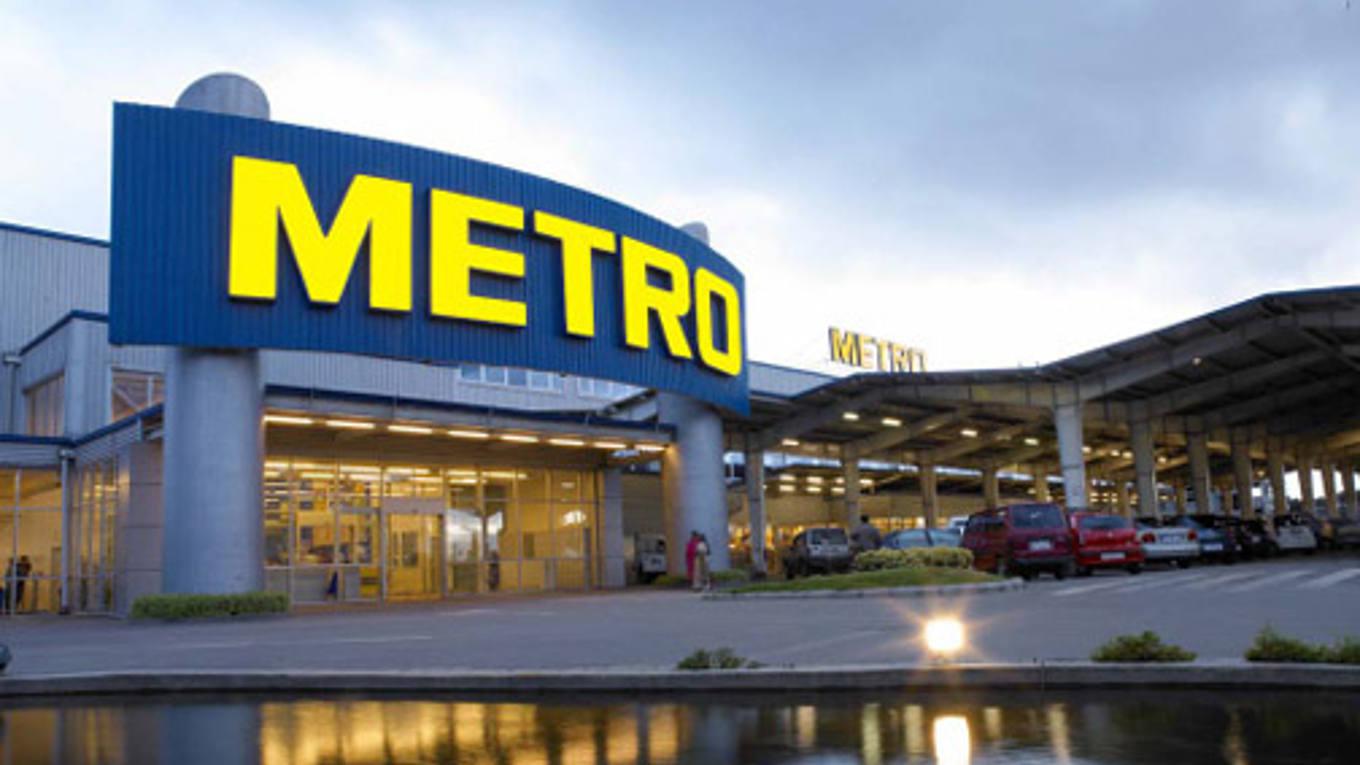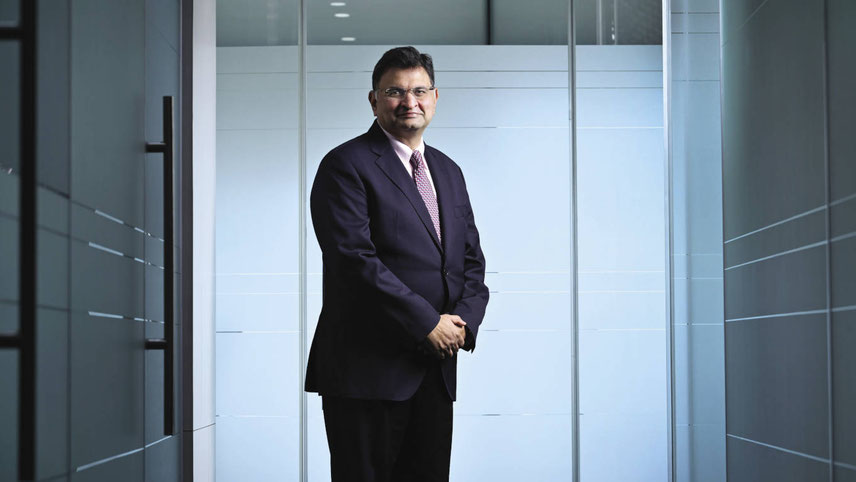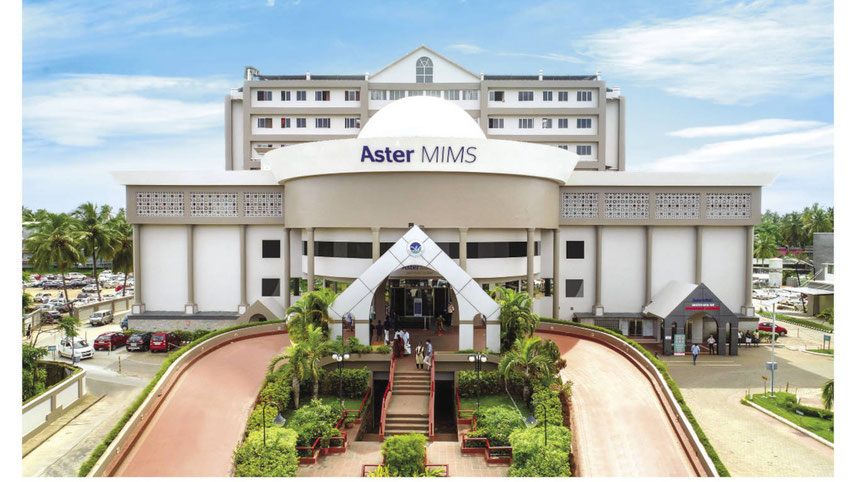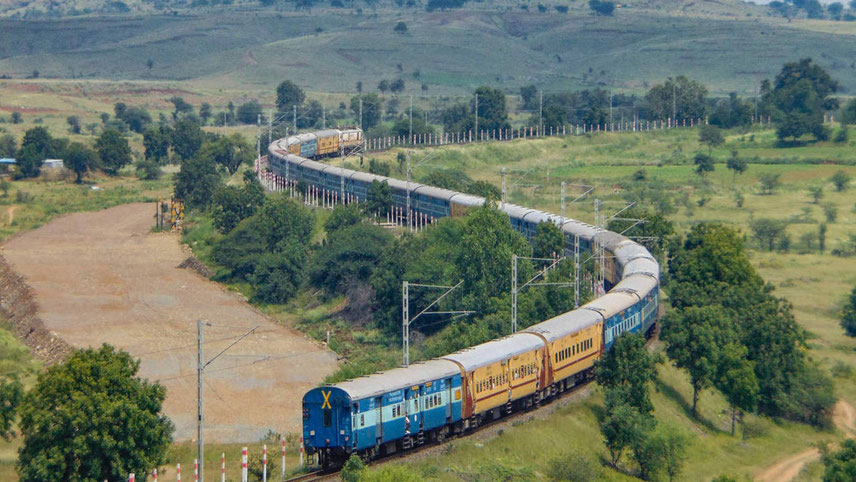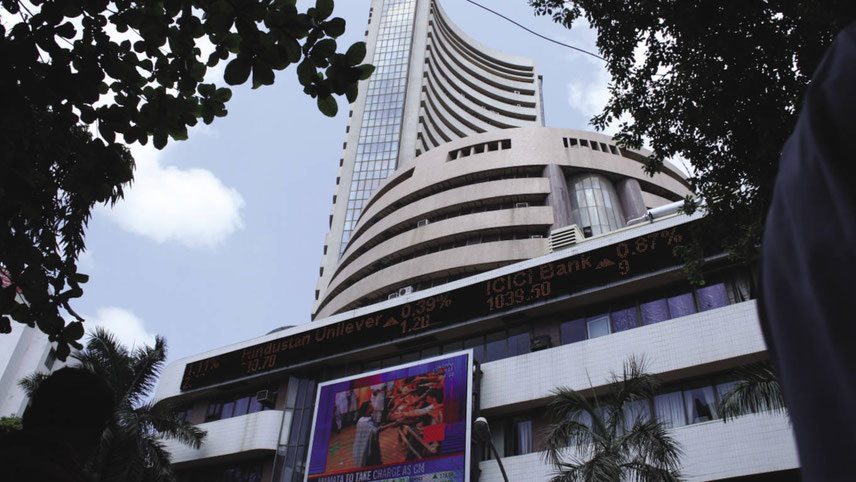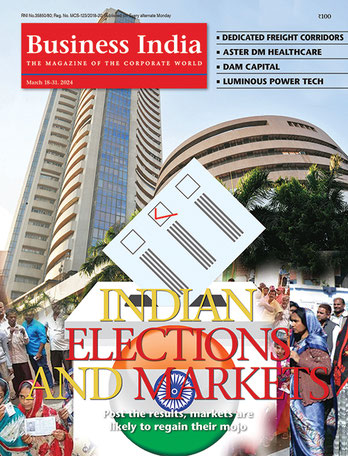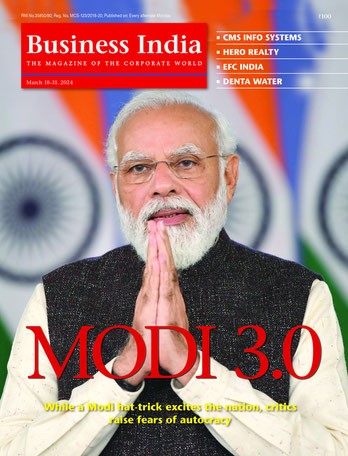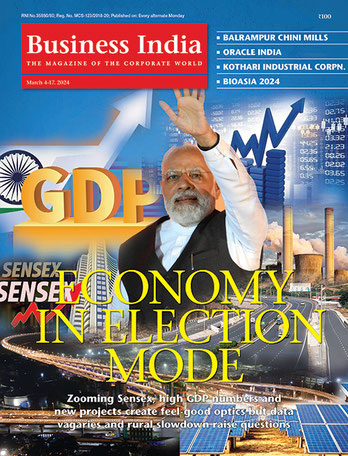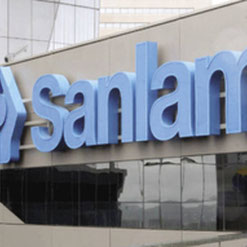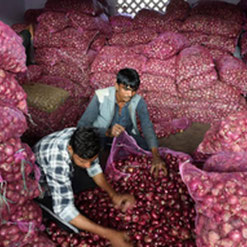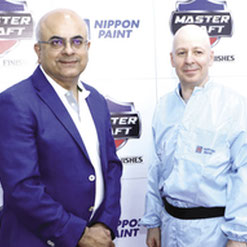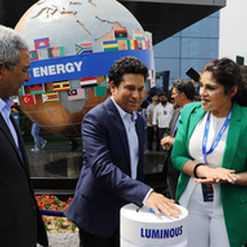-
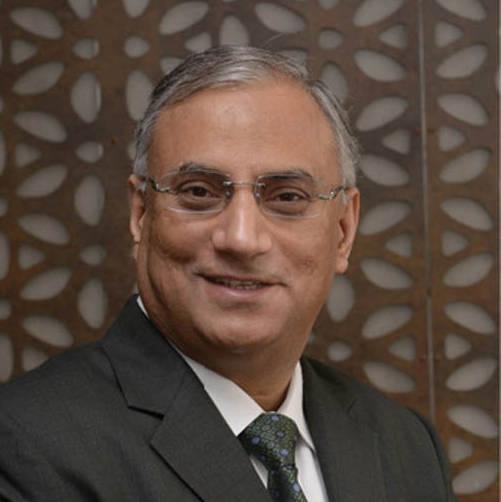
Mediratta: ‘we have a sound base now’
But talk to any analyst or even its rivals today, and the company, in general terms, is drawing kudos for showing perseverance of the highest order. Believed to have incurred losses for nearly one-and-a-half decades (a normal trend in the segment), in the last two years it has shown strong growth numbers on key parameters, including profitability.
“If you look at the domestic cash and carry business as defined by the large format stores, there are about 120 such outlets in the country today, split between three leading players – Reliance, Walmart and METRO. And cumulatively they are generating sales of around Rs24,000-25,000 crore annually. With over Rs6,500 crore reported sales last year, METRO has a formidable positioning and it has shown good growth in recent years,” says Ankur Bisen, senior VP (Retail & Consumer Products), Technopak Advisors.
Recent performance notwithstanding, the larger issue today for the company, which has always had the advantage of a solo show, is how it will contend with the competitive storm appearing on the retail horizon which will also impact wholesale retail. There are clear signals from Reliance Retail (with its JioMart), Flipkart (which recently got command of Walmart’s Best Price B2B business) and Amazon (with a relatively small but growing wholesale business) that they will up the ante in the larger retail play, where they will be leveraging their consumer connect and look for its linkage with the wholesale trade business, making the best use of the technological tools they have in hand.
And then there are a clutch of online players which have recently popped up in the wholesale space, both at the national and regional levels. The battle to incorporate kirana stores (15 million estimated units in the country) in the larger organised wholesale ecosystem is likely to take competition to a pitch not seen before. “While everyone is talking about incorporating kirana stores in their system, the fact of the matter is: we are the ones who are actually doing it. Other models can end up challenging the kirana system but we will continue to champion the cause of their mainstreaming,” says Mediratta.
-
The company operates 27 wholesale distribution centres across 11 states under the brand METRO Wholesale
Kirana-centricity, of course, is something the METRO top brass is harping on to project their differential, but according to market analysts, considering the gigantic competition evolving in the business, METRO, which has undoubtedly done well in the national organised wholesale battle so far, may now have to prepare for a war where going solo may not exactly work for it.
Operational scale
The financial numbers filed by the company with the Registrar of Companies (RoC) for the last two years not only reflect the growing topline but also indicate the improving bottom line. At the end of 2019, its revenue rose to Rs6,528 crore as against Rs5,807 crore in the previous financial cycle. Its EBIDTA at the end of 2019 had gone up to over Rs32 crore. In 2019, Walmart’s Best Price venture had reported revenues of Rs4,061 crore with its operating loss rising to Rs146 crore.
Reliance Market operates the highest number of stores in the wholesale space with over 50 units across the country, and according to market analysts, its sales are the highest in this segment. “Its wholesale unit hasn’t done too well so far. But given its wider reach and more outlets, its sales figure is the highest among the three leading players and as per our estimates it is in the range of Rs7,500-Rs8,000 crore presently,” says an analyst of a retail research firm who did not wish to be named.
If Mediratta’s words are to be believed, being in the black is probably the biggest cushion for the group right now. “The top brass of the group is quite happy with the fact that the India operation is not only profitable but probably the only profitable entity in its space. India today figures in the list of the top eight markets for the group,” he says. Going by the size of sales, the top five markets for METRO AG (presently operating in 24 countries) are Germany, France, Russia, Italy and Poland.
Sales apart, the hard numbers pertaining to its setup clearly endorse the theory of its formidable positioning in the physical store-driven cash & carry business in the country. Being in India since 2003, the company currently operates 27 wholesale distribution centres across 11 states under the brand METRO Wholesale including six in Bengaluru, four in Hyderabad, two each in Mumbai and Delhi, and one each in Kolkata, Jaipur, Jalandhar, Zirakpur, Amritsar, Vijayawada, Ahmedabad, Surat, Indore, Lucknow, Meerut, Nasik and Ghaziabad. It claims to have three million customers in India, spread across small retailers and kirana stores, hotels, restaurants and caterers (HoReCa), corporates, SMEs, offices, companies and institutions, as well as self-employed professionals.
Of the three million-plus customer base, the company claims to be serving nearly 8,00,000 kirana store owners. Kiranas have evolved as its core constituency, contributing to 65 per cent of its sales. In terms of SKUs offered to its customers, the company says it has built quite an expansive portfolio. “We are offering close to 7,000 world-class products across a multitude of categories such as fruits & vegetables, general grocery, dairy, frozen & bakery products, fish & meat, confectionery, detergents & cleaning supplies, health & beauty products, media & electronics, household goods and apparel,” Manish Sabnis, director (merchandising & supply chain) explains. Food & grocery, the largest segment of the Indian retail space (over 60 per cent share), however, is the mainstay of the company. In a cumulative sense, 27 stores of the company comprise 1.86 million sq ft (gross floor area) – four of them are big boxes (one lakh sq ft) and rest are in its ‘genesis’ format, offering space in the range of 40,000 to 1 lakh sq ft. Its big box units are in Bengaluru (two units) and one each in Hyderabad and Kolkata.
-
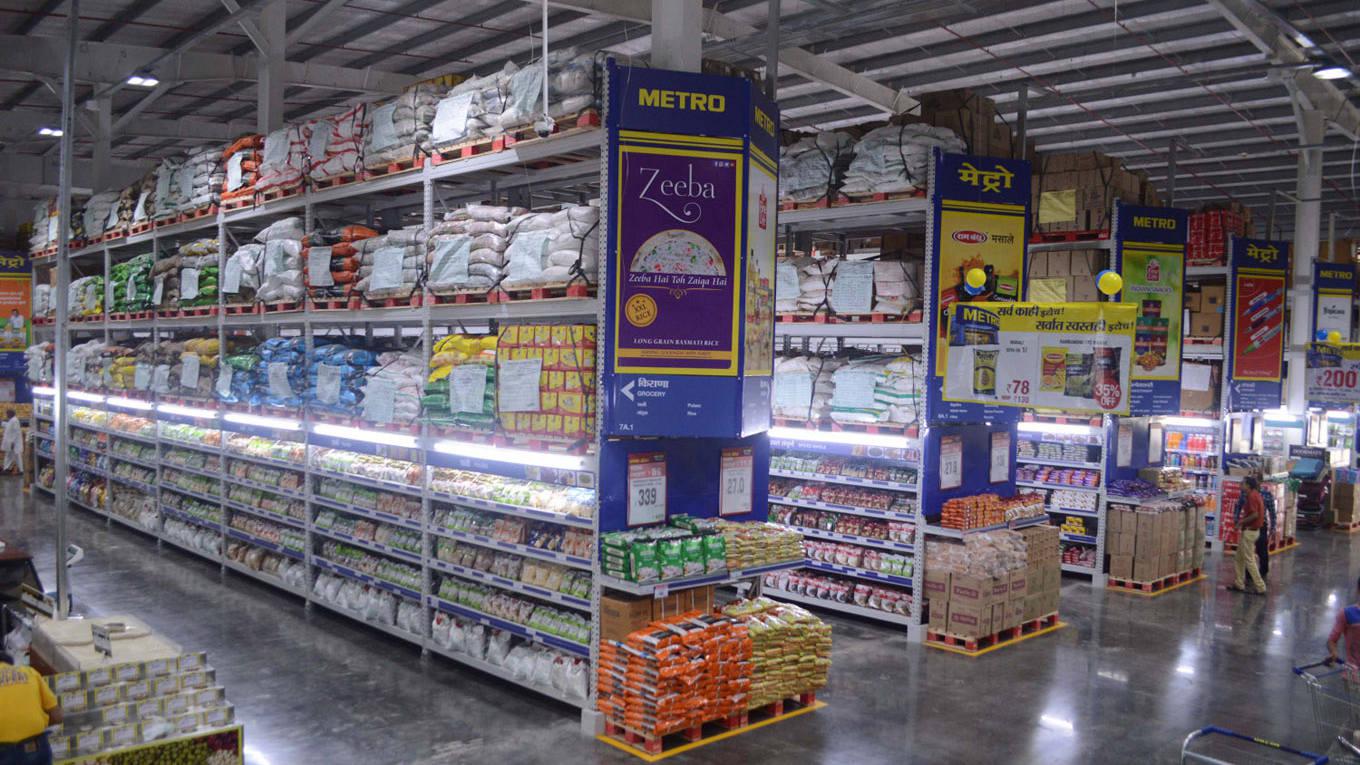
A ‘smart-kirana’ programme is set to revolutionise the market
In terms of hard asset numbers and portfolio offerings, this is how METRO Cash & Carry compares with its peers. Walmart Best Price has 28 stores in the country and the company’s website underlines its product basket which has over 5,000 SKUs. Reliance Market, the dedicated cash and carry wing of India’s largest retailer, with 52 stores, claims to have a customer base of 4 million members.
Marketmen, who have observed the churnings in the retail space, will vouch that METRO Cash & Carry has built its castle in India in typical brick-by-brick style and in the past four years, more elements have been added to its structure. And its expansion has been more visible in recent years, especially after Mediratta joined as MD & CEO. Getting him on board literally meant grabbing one of the leading commanders of the rival army as Mediratta had earlier spent close to nine years with Walmart, playing a pivotal role in building its best price cash & carry business. Ask him what critical lessons he had learnt at Walmart and he cites a host of points. “You have to keep your cost structure as lean as possible and have to be on your guard to delight your customers with improved services and offerings. In terms of financial management, you can’t forget this dictum: sales is vanity, profit is sanity and cash is reality,” he says.
Mediratta also has a sound understanding of FMCG’s distribution models and patterns thanks to his earlier stints with the likes of Procter & Gamble and Whirlpool and is credited with adding a spring to Metro’s steps in terms of giving a sharp edge to its customer-centricity and also geographical expansion. After his joining, the company has added seven new outlets in India. “The company has significantly changed compared what it has been in the past. We have been quite agile in responding to two critical challenges which every business in India faced – demonetisation and then GST implementation. Our focus on kirana and trader has been stepped up and taken to another level in recent years. And from the pure cash and carry play, we have added omnichannel options and we are increasingly digitalising our operations,” Sunaina Calapa, director, finance, highlights.
Kirana – the core constituency
Talk to any senior official of the company and the very strong, uniform message conveyed to you would be the kind of attention they are paying to the issue of mainstreaming of kirana stores with organised retail; nobody else is doing it. “This is our USP. Their dominating positioning notwithstanding, kirana is a grossly neglected segment for everybody – FMCGs, big retailers, bankers and financers, etc. But they are growing at 4-5 per cent annually and we want to grow our business in alignment with them,” Mediratta asserts.
While all the leading firms have their regular loyalty and benefit programmes for their registered members (to ensure that only traders can buy from these outlets, registration is done on the basis of GST number or any other valid ID for the smaller enterprises), METRO India’s top brass maintain all these efforts are meant to empower the community in the real sense of the word. “We are never going to become a challenge for them,” is the common refrain.
-
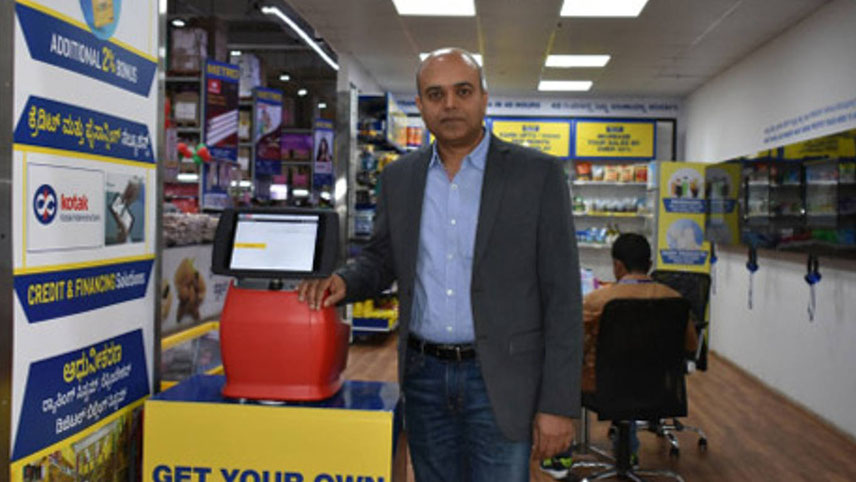
Sabnis: offering world class products
Among the set of practices comprising METRO Cash & Carry’s excellence basket, the top officials cite the ‘smart kirana’ programme (launched in 2018) most assertively. According to them, the programme has distinctive digitalisation and modernisation components. For instance, under its digitalisation programme, METRO provides an advanced POS machine which enables store owners to accomplish seamless store operations like inventory management, digital payments, ordering from METRO Cash & Carry and other operational activities systematically. Furthermore, in order to build an appealing and robust store, the modernisation programme helps traditional kirana stores with remodelling solutions that include state-of-the-art fixtures and effective planogram solutions, thereby equipping them with a competitive retail landscape. The remodelling assistance may be taken advantage of by all kiranas, irrespective of the size of their store, and can be installed within 48 hours.
To help storeowners with remodelling benefits, the company offers easy credit facilities in collaboration with some fintech firms. These programmes, though, are at an initial stage as the company has digitised operations of over 2,000 kiranas and has remodelled (from OTC to open model like 7/11 stores in Thailand) only 50 units so far but METRO Cash & Carry officials say these tools would now be an inherent feature of the company’s future expansion.
Along with kirana-centricity, METRO Cash & Carry also has a couple of other rallying points which seem to be in alignment with the government’s local and atmanirbhar programmes. “Of the products we sell today, 99 per cent are ‘Made in India’ and sourced from SMEs and local suppliers. We have always encouraged new suppliers in the market, helping them go from local to regional and also national. These firms today account for 15 per cent of our supply and several new brands such as Wingreens and Milk Mist which are becoming popular in the marketplace, were launched by METRO,” Sabnis emphasises.
The company, meanwhile, is now also claiming to have considerably enhanced its engagement with farmers by opening five collection centres in the state of Karnataka (Malur & Chikkaballapur), Telangana (Vontimammdi), Maharashtra (Manchar), and West Bengal (Barasat) procuring 12,500 MT of fresh produce annually.
Taking on the competition
Covid-19 may have disrupted businesses but the recent churnings by Reliance with its JioMart, which has the support of global powerhouses like Facebook and Google, are now promising to change the contours of all forms of the Indian retail business forever. A report released by the Wall Street powerhouse Morgan Stanley last month pegged the value of Reliance Retail at approximately $29 billion, with expected sales contribution from JioMart e-commerce accounting for 15 per cent of the core retail revenue figures of its retail business estimated at $19 billion in 2023. And JioMart’s big-ticket growth plans also include making its kirana connect more robustly. “With JioMart, kirana stores will no longer be held back by limited product range, space, or delivery challenges. The partnership with JioMart can potentially help kirana stores grow business and earnings,” Isha Ambani said at the last AGM. At the meeting, India’s retail powerhouse had announced its e-commerce portal, JioMart, would help kirana stores business by taking them online, facilitating their leverage on the Jio customer base (now to be further propelled by the support from the digital giants).
-
While all the leading firms have their loyalty and benefit programmes, METRO India’s top brass maintain that these such are meant to empower the community
But it’s not only Reliance Retail which has committed to up the ante in the retail business. Flipkart has now got the command of Walmart’s best price unit, promising to transform the kirana retail ecosystem in the country. “With the launch of Flipkart Wholesale, we will now extend our capabilities across technology, logistics and finance to small businesses across the country. The acquisition of Walmart India adds a strong talent pool with deep expertise in the wholesale business that will strengthen our position to address the needs of kiranas and MSMEs uniquely,” Kalyan Krishnamurthy, chief executive officer, Flipkart Group, commented. The market is abuzz with the theory of Amazon B2B also giving a major push to its business going ahead, and then there are a clutch of new online wholesale players like Udaan which are eager to make a mark with funding support from leading investors. “Not only wholesale, the entire Indian retail landscape is going to change as the big players like Reliance, Walmart-Flipkart and Amazon are looking at successful integration of their B2C and B2B models. There will be interesting churnings going ahead and it will be interesting to see how a pure wholesale player will act to take on the competition,” says Satish Meena, senior forecast analyst, Forrester.
Mediratta acknowledges that the level of competition has risen to a new pitch, he nevertheless seems unperturbed. “We have a sound base now, have brought in a technology component and most importantly, the trust of the kirana and small businesses community. At least they are sure that we will continue to help in their growth as our business is based on empowering them,” he says and quickly cites a recent incident to prove his point. “A leading online player had launched a campaign with some FMCG majors and put a code on the package for consumers, facilitating deep discounts during future online purchases. We had refused to accept that consignment and sell it to our kirana members because it would have hurt their interests,” he adds. But those looking at the larger B2C and B2B integration, see METRO’s emphasis on kirana empowerment as a compulsion. “They do not have any other card to play as of now even as they have done well in their business,” a senior executive of a rival firm says, requesting not to be named.
Expansion plans
METRO officials, meanwhile, point to their own expansion plans which include the opening of new, big stores. “Currently, we are exploring opening five stores in India; three in Karnataka, two in Andhra Pradesh and one in Telangana in the next one to two years. We are also exploring smaller stores as they are more efficient, have a smaller capital expenditure and have relevant commercial viability,” says Sunaina.
-
The company hasn’t opened any new store since September 2018. While it was studying future formats, Covid-19 delayed new opening plans
Incidentally, the company hasn’t opened any new store since September 2018 as Sunaina says it has been finalising its strategy for future formats and then Covid-19 delayed the new opening plans. The company, however, is not expecting a serious erosion in its sales this year even as the business was disrupted due to the lockdown in March. “We were quite agile in responding to the crisis. We began direct pickups from FMCG factories and ensured supply to our members at their store steps. We also used the opportunity to launch our app, which has done exceedingly well with around a lakh downloads till now. This app, in fact, will consolidate our own e-commerce positioning with our customers,” says Sabnis. “I believe our sales will be affected by a marginal two-three per cent in the current fiscal. Our pre-Covid food and non-food sales ratio was 85:15 which has changed to a 90:10 ratio and that has saved the day for us,” adds Sunaina.
While top company officials refuse to comment on possible milestones like the topline growth the company is aiming at in the near to medium run, the new stores opening plans also clearly point out that the METRO flag is not being hoisted on new turf. “Getting into new geographies means building a new sourcing base, putting up logistics and supply chain arrangement, making new partners, etc whereas in the existing markets, things are almost ready for you. At this stage, we are looking to further consolidate our position in pockets where we are present,” says Mediratta.
But even as company officials exude confidence and are certain they can take on the impending competitive storm on their own, when pressed to comment on the proposition of some possible acquisitions growing in size or a major collaboration shaping up in India, Mediratta does not remain altogether evasive. “There is too much action on the dance floor right now and we are watching it from a distance. We are waiting for the dust to settle down to take our call. Probably, a collaboration with a digital major would work well for us, given our capability in mega scale sourcing and running successful wholesale models.” This open-ended answer may well have a profound meaning for the retail business stakeholders. ♦
